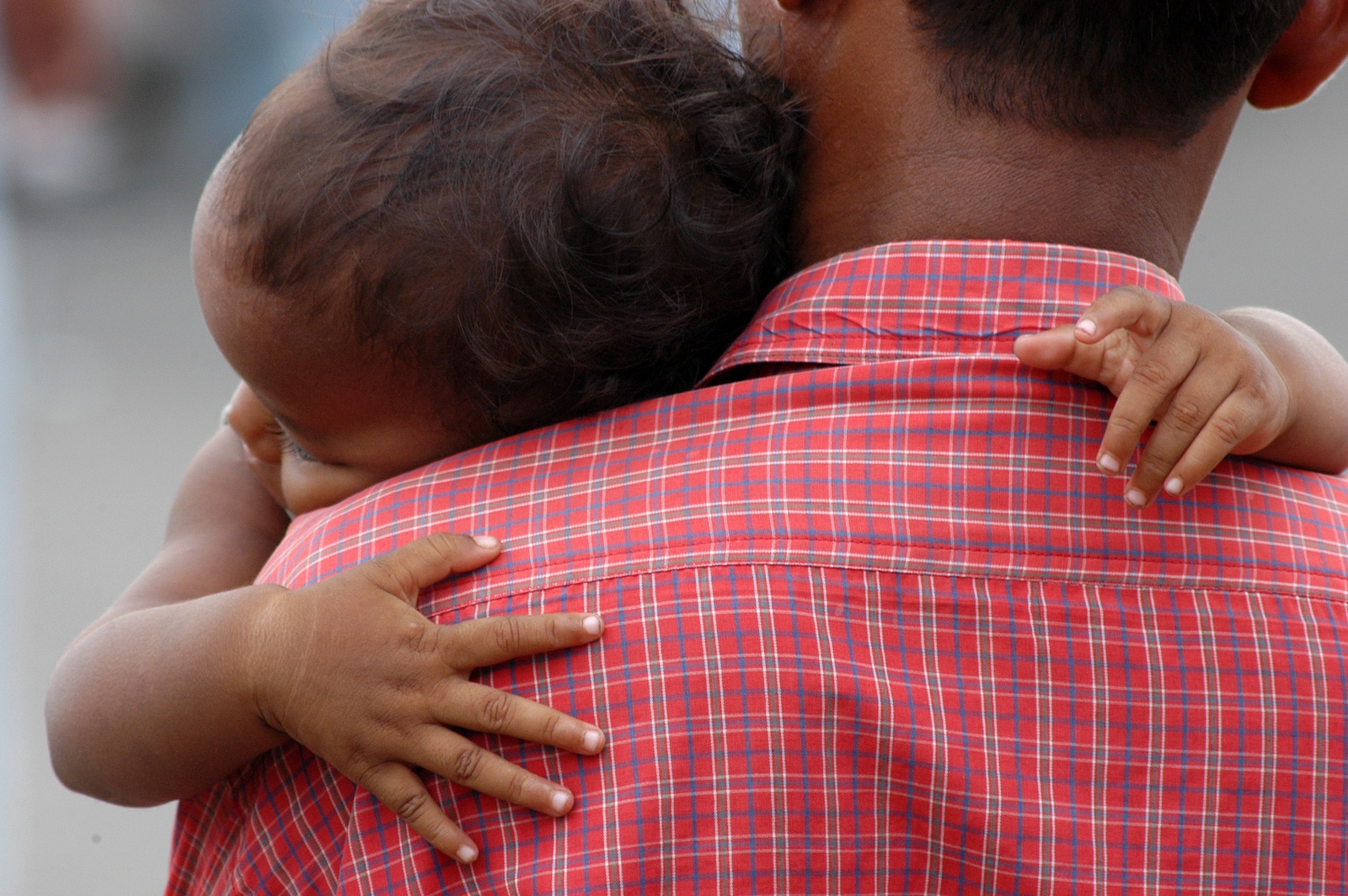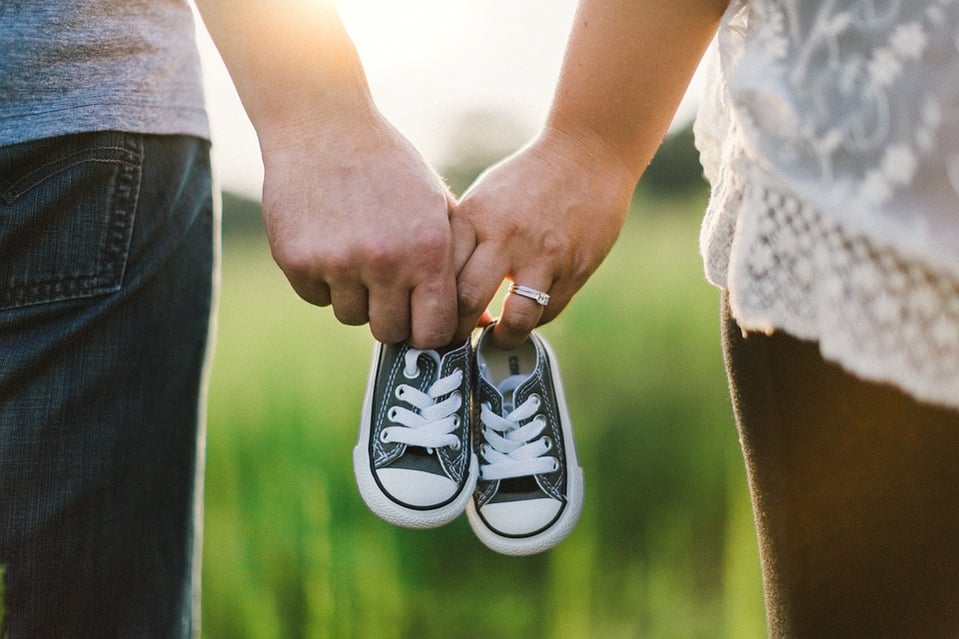
If you are wondering what the steps are in international adoption this overview will give you an idea of how the process works. Each adoption plan is different and there may be small differences in the paperwork required by each agency involved.
The international adoption process:
- Home Study Investigation - this must be conducted by a licensed/authorized and Hague Accredited adoption agency in the state where you reside. The home study process can seem overwhelming but taking it one step at a time will help you reach your goal. Talk with several agencies to find the right fit for your family. You will also need to select a Primary Provider/International Adoption Placement Agency that has the authority to work in the country you are adopting from. Sometimes your home study agency and Primary Provider can be the same agency and in some cases your home study agency will be in one state and your Primary Provider will be in another. They will work collaboratively to help you with your adoption plans.
- Citizenship & Immigration Services Pre-approval- All prospective adoptive parents must apply to Citizenship & Immigration Services (via forms I-600A or I-800A) to be pre-qualified to adopt a foreign born orphan. You must be approved to adopt a foreign orphan by the U.S. Citizenship and Immigration Service prior to applying to adopt from the foreign country.
- Submission of Dossier to Foreign Country– After completing your home study you must submit a dossier. This is simply a collection of documents that supports your application for adoption and is sent to the foreign country. A dossier includes but is not limited to the following types of documents: birth certificates, marriage certificate, medical reports, criminal clearances, home study report, pictures, etc.
- The Wait– This is the hardest step you are now at the stage of waiting for the referral of a child. There are variables that will affect your wait time such as: the country you are adopting from, the age of child, the number of children, and the health and developmental status of the child. Currently the longest wait is for a healthy young child and the shortest wait is for an older child or a child with special needs.
- The Referral- your Placement Agency will present a child to you for consideration. You may receive a picture of the child, a medical report, and a developmental assessment of the child. It is strongly recommended that you have a pediatrician with expertise in international adoption medicine to review the child's referral before you make a decision. Your Placement Agency must give you two weeks to make your decision regarding the referred child.
- The Decision– After your careful consideration of the referred child, you will you’re your decision about whether or not to adopt the child. If you decide to commit to the child, you will proceed to adoption. If you decide that you are not the right family for this child, adoption placement agency, can present you with another child. All agencies involved in your inter-country adoption want you to be comfortable with the child you choose to adopt and prepared to parent the child.
- The Adoption– Your next step will be to travel to complete the child’s adoption. Your placement agency will help with the arrangements for your trip and adoption.
- Immigration of the Child to the United States - After you adopt your child in the foreign country you will immigrate the child into the United States through the approval of a Citizenship and Immigration Services (via form I-600 or I-800) and the issuance of a Visa by the U.S. Embassy located in the child’s country of origin.
- The Transition Home and Required Supervision– You and your child are home and settling into a new life. Most countries require that your adoption be supervised and this will be most likely the same agency that completed your home study. Supervision for a period of time after your arrival home will ensure that the child is safe and your family is adjusting well. The specific requirements for supervision are dictated by your child’s country of origin and your Placement Agency. This is the perfect time to talk with your social worker about any issues you or the child are having. The social worker can help you find solutions and refer you to needed services to help ensure the best outcome for you and your child.
- Life Long Support for the Child & Family – Your home study agency and Placement agency are a lifelong source of support and help as your family grows and your child develops. It is important to remember that your agency is there to help.
You can make a difference in the life of a child, you can provide them with the love, care and family they so desperately want. If you have any questions about the adoption process and how Family Connections can help you with your adoption plans we would be glad to schedule a free, no obligation consultation with our experienced adoption professionals. You can also download our Guide to International Adoption below.
Family Connections, Inc. has been conducting home studies for inter-country adoption for over twenty years and has expertise in the adoption process and successfully transitioning international children into their adoptive families. If you would like more adoption information contact Anita or Renee at 607-756-6574 or 1-800-535-5556.




Let Us Know What You Thought about this Post.
Put your Comment Below.